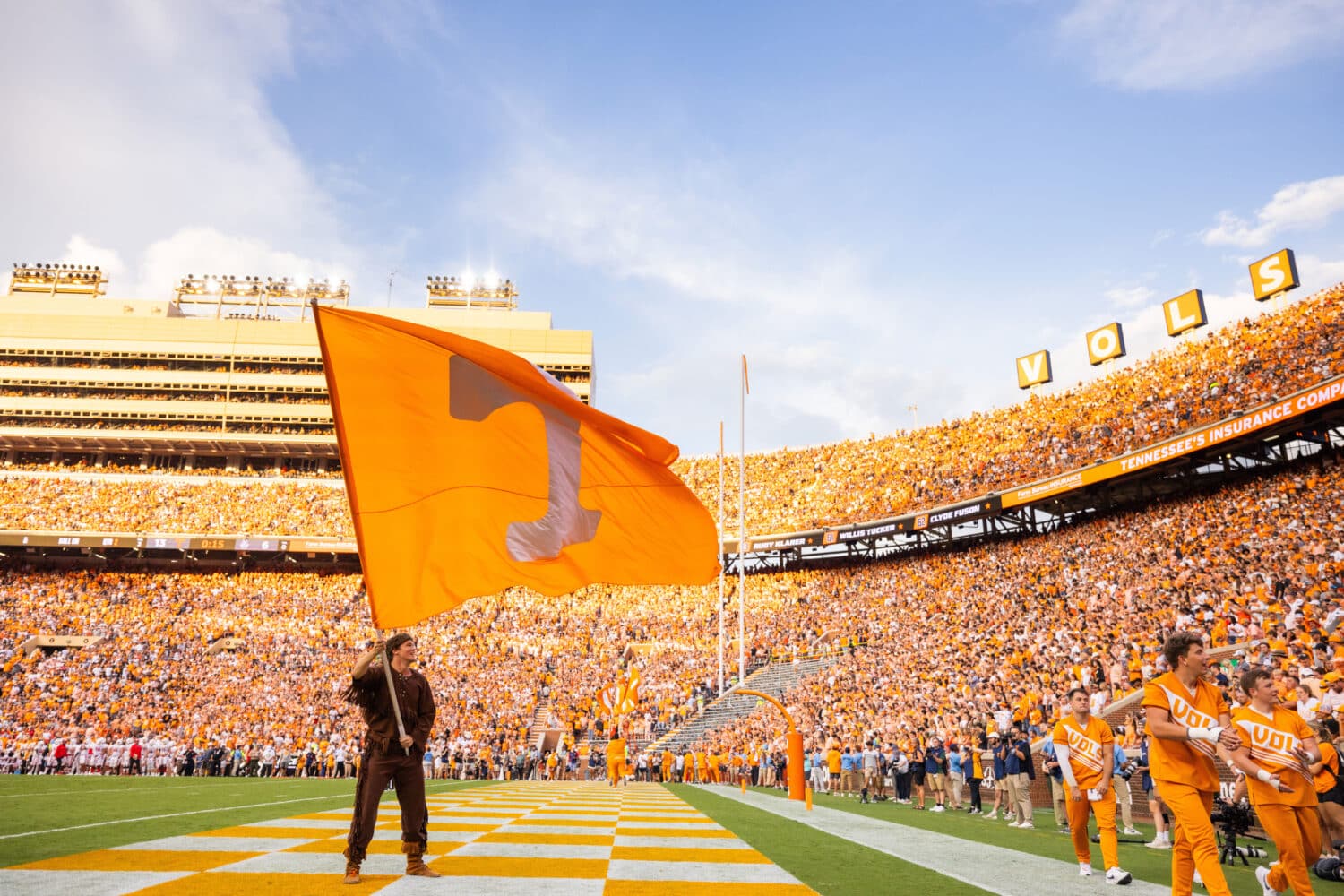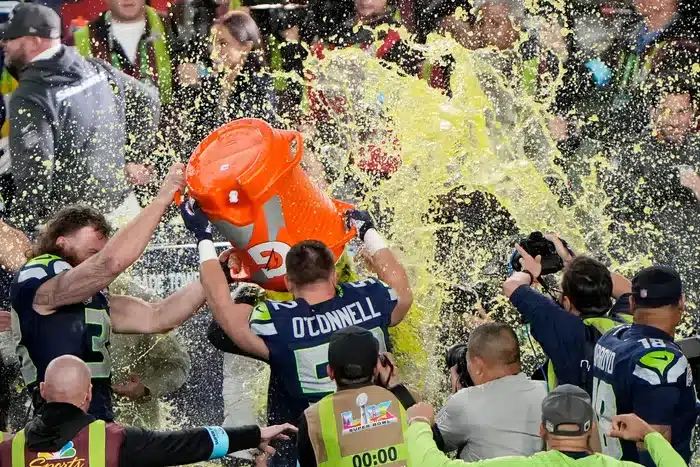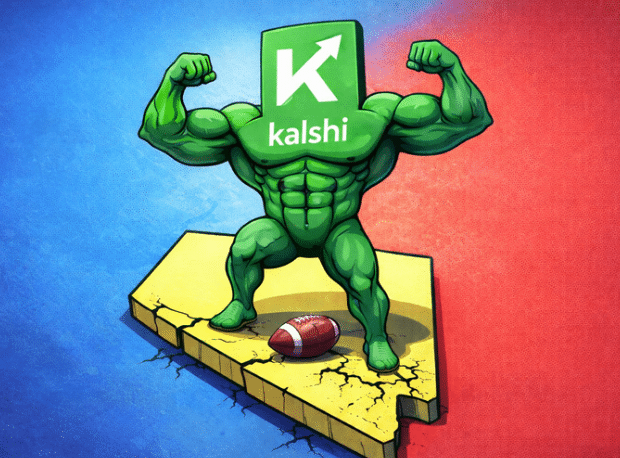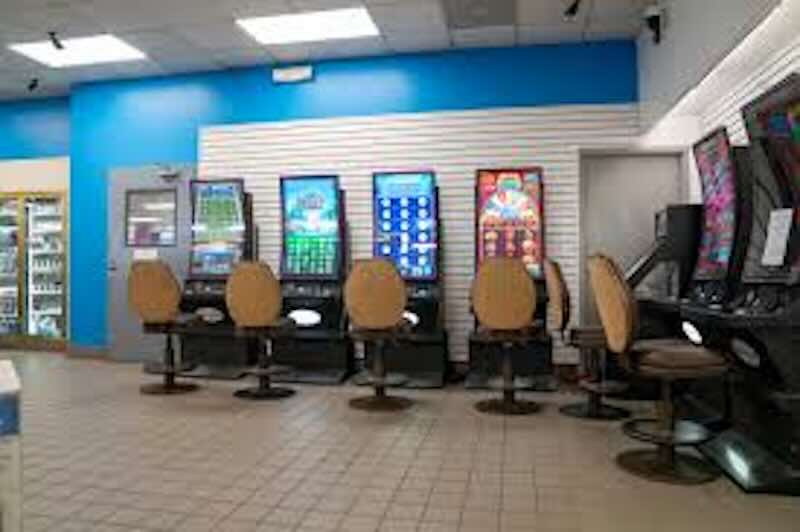
Commonwealth of Pennsylvania submits legal brief on skill games
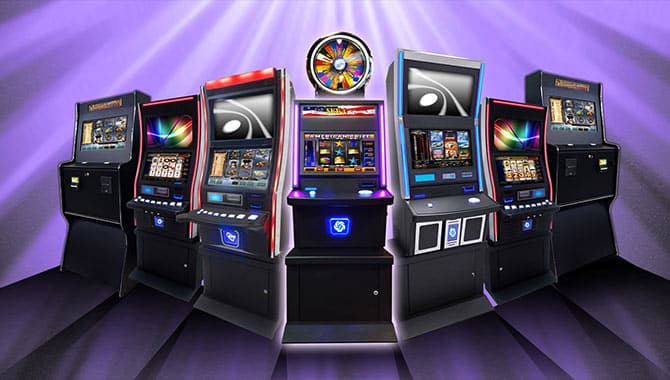
Pennsylvania calls for the seizure and/or regulation of skill game machines, currently found in unregulated and non-casino environments.
The Commonwealth of Pennsylvania has submitted a legal brief as part of ongoing litigation surrounding the lawfulness of ‘skill games.’ The brief, titled ‘Three Pennsylvania Skill amusement devices, one green bag containing $525 in US currency and seven receipts,” declares that the machines are used for gambling and that the Gaming Act will corroborate the illegal nature of the devices.
In August, a Pennsylvania Senate Democratic Policy Committee Hearing broached the subject of whether or not certain unregulated gaming machines, placed outside of the state’s casinos, constituted games of skill or games of chance. Members of the Pennsylvania Gaming Control Board and American Gaming Association were present to advocate for the regulation of these devices.
A particular make of these games, called Pennsylvania Skill Games and manufactured by Pace-O-Matic, won several motions for return of its seized gaming devices with a legal ruling that the devices were, in fact, games of skill and not chance. However, the newest legal brief contends that skill game machines qualify as slot machines, which the Crimes Code makes it illegal to offer outside of casinos.
The brief reads, “Physical gameplay is undisputed. A button is pressed and reels spin. The player who gets three symbols in a row wins a percentage of his original bet. This is exactly the layout of a slot machine.”
The conclusion of the brief posits that the machines will be illegal whether they are fully qualified as slot machines, or games where ‘chance predominates gameplay.’ If the Pennsylvania Court finds for the state, a Petition for Forfeiture should be granted.
The brief states, “Casinos are obligated to work with state regulators to provide a responsible gambling space that addresses compulsive gamblers and underage gamblers.”
The brief directly contrasts the nature of unregulated skill games outside the casino environment by saying, “Anyone of any age can play the game. Children on their walk home from school can bet their allowance on a game they find in the back of a corner store.
“The game’s designers don’t need to comply with any minimum payout percentages or compliance requirements. There is no regulation of gameplay while intoxicated, or assistance offered to compulsive gamblers.”
Tags/Keywords
Players trust our reporting due to our commitment to unbiased and professional evaluations of the iGaming sector. We track hundreds of platforms and industry updates daily to ensure our news feed and leaderboards reflect the most recent market shifts. With nearly two decades of experience within iGaming, our team provides a wealth of expert knowledge. This long-standing expertise enables us to deliver thorough, reliable news and guidance to our readers.



